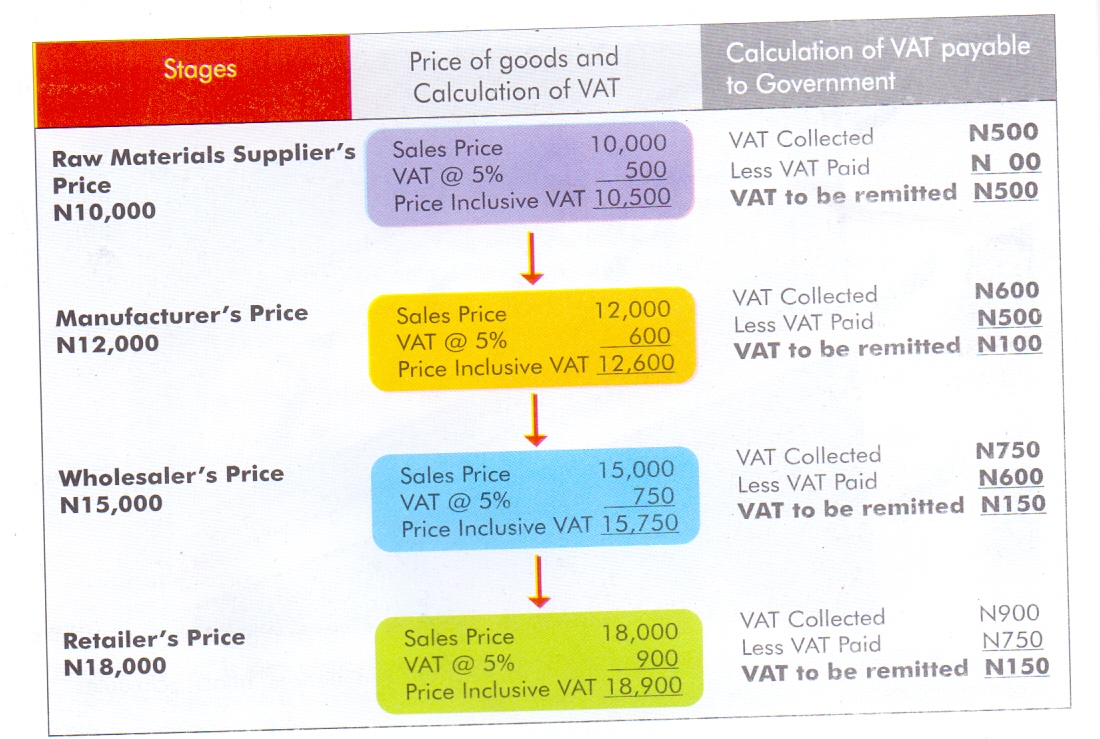By Peter-Claver Onwudike
A country‘s tax system is a major determinant of other macro-economic indexes. Specifically, for both developed and developing economies, there exists a relationship between tax structure and the level of economic growth and development.

According to Nwoke (1993:1) taxation can be said to be the imposition of an obligatory levy or contribution of an individual or corporate donate by recipient, public authority. Two important attributes of taxation are that the levying authority possess the legal capacity to do so since taxation is a legal policy and it evolves an element of compulsion as opposed to voluntaries.
The bedrock of industrialization and economic development of any country is government revenue. How much of this revenue is contributed by tax? According to Nwoke (1992:12) in all, taxes constitute about (75%) seventy-five percentage of regular government revenue and about ¾ of public expenditure is founded from tax revenue. As a major instrument of public policy, taxation can be used as protective, allocation, and distributive or stabilization instrument. Taxation may be employed to expand, stimulate, restrict, or regulate the economy depending on the direction the government wants to.
One may be tempted to question the rationale behind government intervention in the economy especially the capitalist economy Where the invisible hands of market forces should have been allowed to arbitrate as it deems fit. The simple reason for government intervention is that it’s necessary to bring in some form of administrative control in the economic system. The maker mechanism above cannot perform all the economic functions.

Taxation is an all-pervading subject which affects the lives of everybody and no major accountancy or legal problem can be satisfactorily sowed without consideration of its tax aspect. Taxation is important to businessmen who enjoy the benefits of these essential amenities provided by the government. Income tax has its own merits in the personal relief granted to taxpayers. Tax is also used to allocate resource for the production of social goods.
Social goods are goods whose benefits are not limited to the consumer who purchases it as in the case of private goods. Through taxes funds can be allocated or denied in producing certain private goods. These corrections are done through tax policies, tax holidays, and acceleration of capital allowance dating drawbacks excess profit tax.




